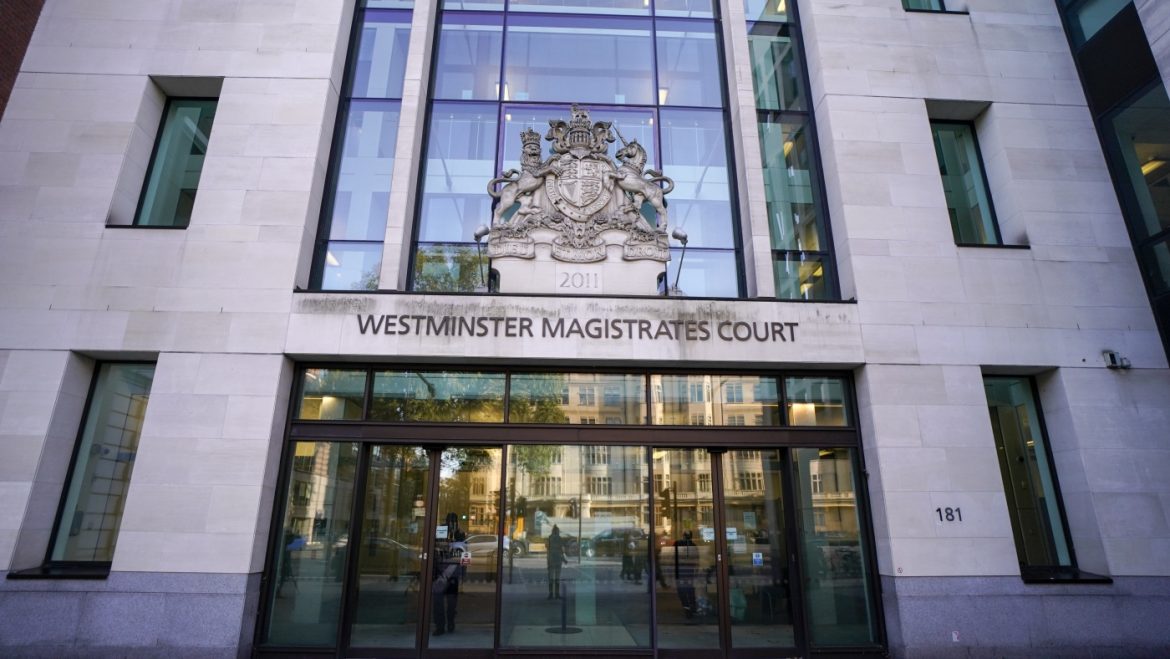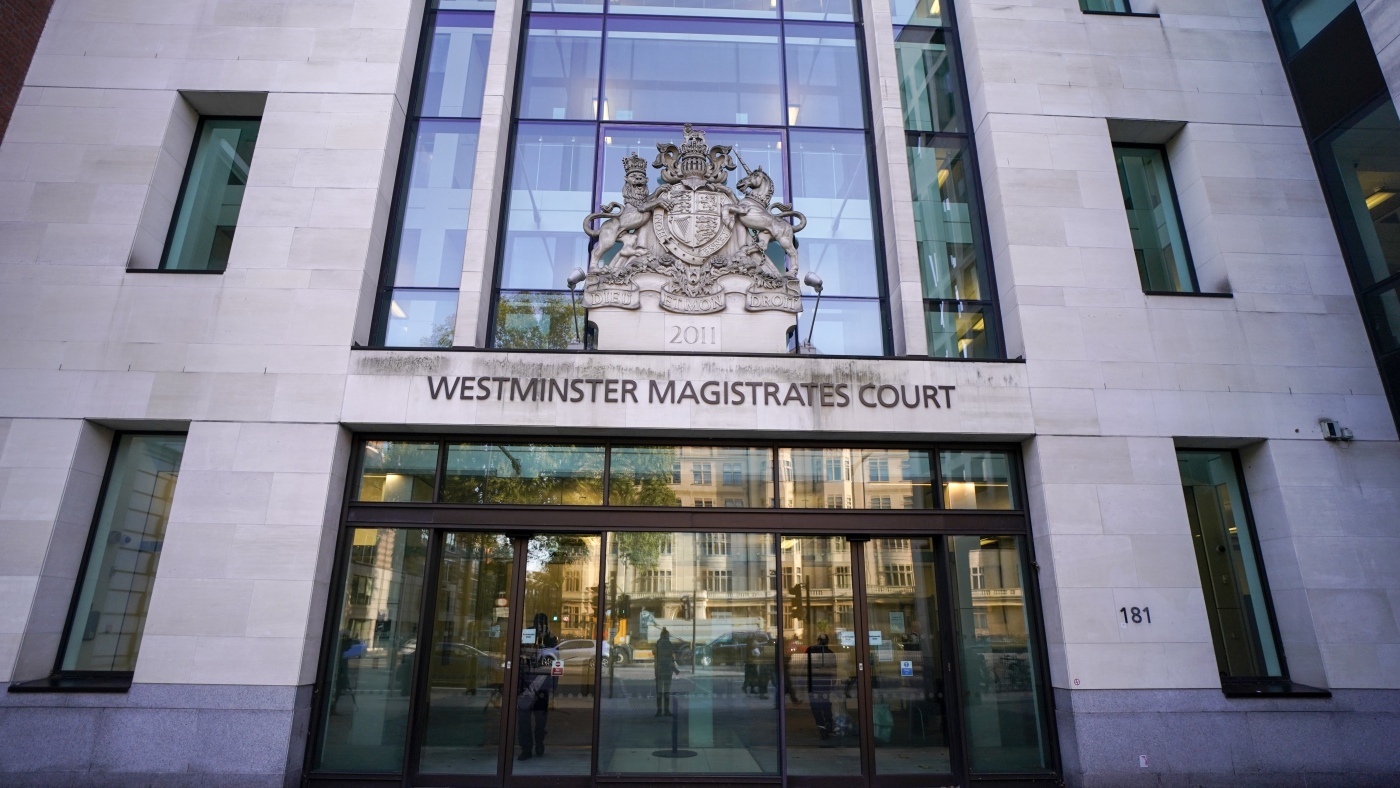The Unseen Battle: Hacking Climate Activists
In an era where digital privacy is increasingly under threat, the recent charges against Amit Forlit, an Israeli private investigator, have shed light on a disturbing trend: the targeting of climate activists through cyber espionage. The Justice Department’s accusations paint a picture of a sophisticated hacking campaign that raises serious questions about the boundaries of privacy, the integrity of activism, and the lengths to which certain entities will go to suppress dissent.
The Charges and the Accused
The Justice Department has formally charged Amit Forlit with conspiracy to commit computer hacking, among other crimes. Forlit is accused of orchestrating a campaign that specifically targeted American climate activists. The charges highlight the use of advanced hacking techniques to infiltrate the digital lives of individuals who are passionately advocating for environmental protection and climate justice.
The Targets: Climate Activists
Climate activists have long been at the forefront of advocating for policy changes and public awareness about environmental issues. Their work often involves organizing protests, lobbying for legislation, and raising awareness through social media and other digital platforms. The fact that these activists have been targeted for hacking underscores the high stakes involved in their advocacy. It also raises the question of who might benefit from such a campaign of digital surveillance and intimidation.
The Methods: Advanced Hacking Techniques
The hacking campaign orchestrated by Forlit reportedly involved the use of sophisticated techniques to gain unauthorized access to the digital devices and accounts of climate activists. This could include phishing attacks, malware, and other forms of cyber intrusion designed to steal sensitive information, monitor communications, and potentially disrupt the activists’ work. The use of such advanced methods indicates a high level of technical expertise and resources, suggesting that the campaign may have been backed by well-funded entities.
The Implications: Privacy and Activism
The targeting of climate activists for hacking has significant implications for both privacy and activism. For one, it underscores the vulnerability of individuals who use digital tools to advocate for social and environmental causes. Activists often rely on digital platforms to organize, communicate, and amplify their messages. The threat of hacking can undermine their ability to operate effectively and safely, creating a chilling effect on free speech and assembly.
Moreover, the hacking campaign raises questions about the boundaries of privacy in the digital age. As more aspects of our lives become digitized, the potential for surveillance and intrusion increases. The case of Amit Forlit serves as a stark reminder that even those engaged in lawful and peaceful activism are not immune to the risks of digital espionage.
The Broader Context: Cyber Espionage and Political Motivations
The hacking of climate activists also fits into a broader context of cyber espionage and political motivations. Governments, corporations, and other powerful entities often engage in digital surveillance to gain an advantage or suppress dissent. In this case, the targeting of climate activists suggests that there may be powerful interests at stake, such as fossil fuel industries or governments resistant to environmental regulations.
The use of hacking as a tool of political repression is not new, but the case of Amit Forlit highlights the evolving nature of these tactics. As digital technologies become more advanced, so too do the methods used to exploit them for nefarious purposes. This underscores the need for robust cybersecurity measures and legal protections to safeguard the rights of activists and the broader public.
The Legal Response: Justice Department’s Actions
The Justice Department’s decision to charge Amit Forlit with conspiracy to commit computer hacking is a significant step in addressing the issue of cyber espionage targeting climate activists. By bringing legal action against the accused, the Justice Department sends a clear message that such activities will not be tolerated. This legal response is crucial in setting a precedent for future cases and in deterring others who might consider similar actions.
However, the legal response is just one part of the equation. It is also essential to address the underlying issues that make climate activists vulnerable to such attacks. This includes strengthening cybersecurity infrastructure, providing legal support to activists, and raising public awareness about the risks of digital surveillance.
The Future of Activism in the Digital Age
The case of Amit Forlit and the hacking of climate activists serves as a wake-up call for the future of activism in the digital age. As activists continue to use digital tools to advocate for social and environmental causes, they must also be aware of the potential risks and take steps to protect themselves. This includes adopting best practices for digital security, such as using encrypted communication tools, regularly updating software, and being vigilant against phishing attacks.
Moreover, the broader public has a role to play in supporting activists and advocating for stronger protections against digital surveillance. This includes demanding transparency from governments and corporations, supporting legislation that protects digital rights, and raising awareness about the importance of privacy in the digital age.
Conclusion: A Call to Action
The charges against Amit Forlit and the hacking of climate activists highlight the urgent need for action to protect digital privacy and support activism. As we navigate the complexities of the digital age, it is crucial to remain vigilant against the threats of cyber espionage and to advocate for stronger protections for all individuals, especially those engaged in lawful and peaceful advocacy. By taking a stand against digital surveillance and supporting the rights of activists, we can help ensure that the digital age is one of empowerment and justice, rather than repression and fear.


